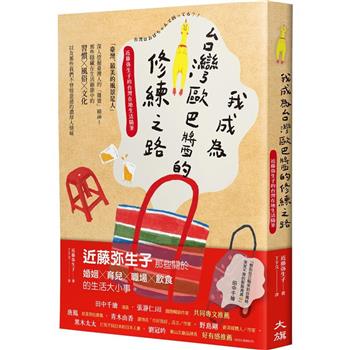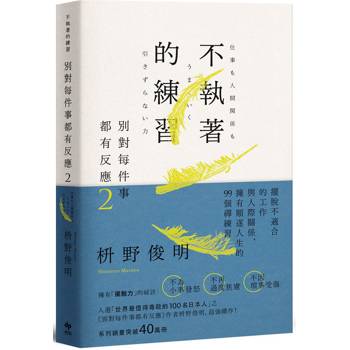No modern U.S. president inherited a stronger, safer international position than Bill Clinton. In 1992, the Cold War was over, and the nation was at peace and focused on domestic issues. Despite this temporary tranquility, Clinton would soon be faced with a barrage of crises, including flare-ups of unrest in the Middle East, ethnic conflict in Yugoslavia, uneasy relations with Japan and China, persistent trouble in the Persian Gulf, the dissolution of the USSR, and disastrous situations in Somalia and Haiti.
In this comprehensive and balanced examination of Clinton's foreign policy--the first such book to cover all the global focal points of his administration to date--William G. Hyland brilliantly shows the effects of combining this confusion with Clinton's unique personality characteristics. His first term was marked, in the author's analysis, by murky policy, unrealistic goals, and the mishandling of several crises. By the end of that term he learned some hard lessons, was able to alter his pattern of response, and reversed himself on some major aspects of foreign policy--all to benefit, in the author's view, the country and the world as a whole.











